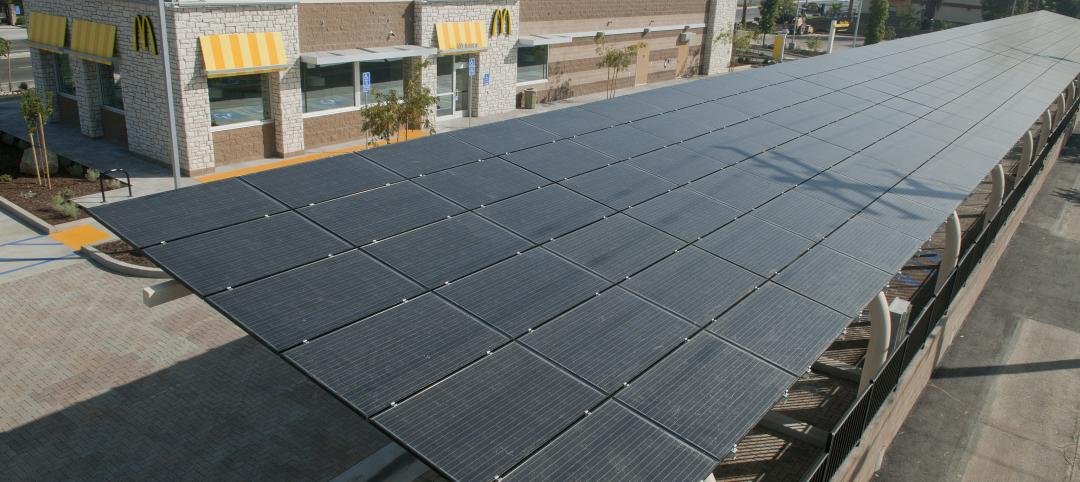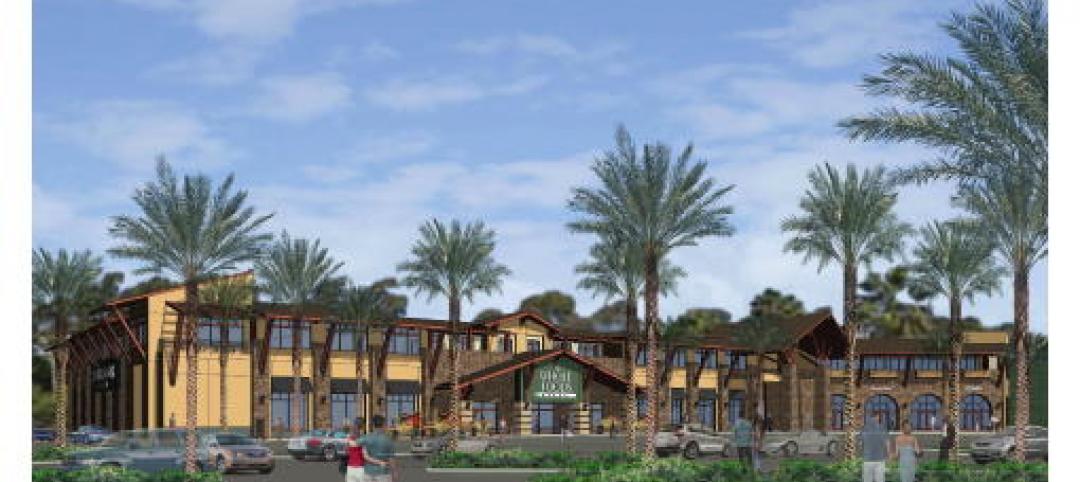Renewable energy is among the top emerging technologies being considered by data center owners to help address power and cooling costs, according to a Mortenson survey of corporate data center executives, data center developers and operators, and information technology providers at the 2014 Data Center World conference.
More than eight in 10 survey respondents (84%) feel that there is a need to consider renewable forms of energy, such as wind and solar, to manage future needs.
Energy is by far the biggest cost for data centers, making power and cooling considerations the most important drivers in determining location, design, and construction of facilities. In fact, the top item data center operators say they would most like to change about their facilities is greater energy efficiency. Nearly half of survey participants also believe a better power usage effectiveness (PUE) rating is achievable through improved technologies.
“Worldwide data usage continues to grow, which requires more infrastructure and power to support it, so it’s vital that we leverage innovation to help balance energy demand and supply,” said Scott Ganske, Director of Operations for Mortenson's Mission Critical Group. “There are a number of promising technologies that will drive energy efficiency forward in the next few years; and renewable energy increasingly makes economic as well as environmental sense for the energy supply chain. With costs dropping and operating efficiency rising, we believe renewables are rightly attracting interest from data center operators.”
The cost of producing wind has decreased 58% and solar power by 40% in the past five years, and costs continue to fall, making renewables more cost-competitive with traditional fuel sources in many markets.
At the same time, availability is steadily improving. Wind farms, for example, generate power 50% of the time now, up from 35% in 2007. Several leading technology firms in the U.S. are already investing in power purchase agreements (PPA) with wind energy producers to lock-in energy costs over the long term. Mortenson has built several of the wind farms, located in Illinois, Iowa, and Texas, that are a part of those PPA deals.
The Mortenson survey also covers such issues as:
• Current and future use of data center information management (DCIM)
• Leasing vs. owning facilities
• Growth expectations
• LEED trends
Read the full survey here.
Related Stories
| Jan 26, 2012
Hendrick Construction completes Osso Restaurant in Charlotte
Designed by François Fossard, Osso's upscale interior includes tapered, twisted decorative columns and an elegant fireplace in the center of the lounge.
| Jan 26, 2012
HOK partners with USGBC on design of Haiti children's center
Passive design principles give form to a sustainable, restorative environment for the children of Haiti.
| Jan 26, 2012
American Standard names Gould as president and CEO
Gould succeeds Don Devine, who led the successful turnaround of American Standard Brands.
| Jan 19, 2012
LEED puts the 'Gold' in Riverside golden arches
McDonald's restaurant recognized for significant energy savings.
| Jan 17, 2012
FxFowle and CO Architects form joint venture
FxFowle and CO Architects creates a dynamic alliance built on a shared dedication to collaboration in process, innovation in programming, and excellence in design.
| Jan 15, 2012
Smith Consulting Architects designs Flower Hill Promenade expansion in Del Mar, Calif.
The $22 million expansion includes a 75,000-square-foot, two-story retail/office building and a 397-car parking structure, along with parking and circulation improvements and new landscaping throughout.
| Jan 15, 2012
535 Madison Avenue achieves LEED Gold certification
Class-A commercial building meets sustainability requirements of LEED Program.
| Jan 12, 2012
Building independence: New take on female power
Memoir explores historic engineering project, women's empowerment era.
| Jan 12, 2012
3M takes part in Better Buildings Challenge
As a partner in the challenge, 3M has committed to reduce energy use by 25% in 78 of its plants, encompassing nearly 38 million-sf of building space.

















